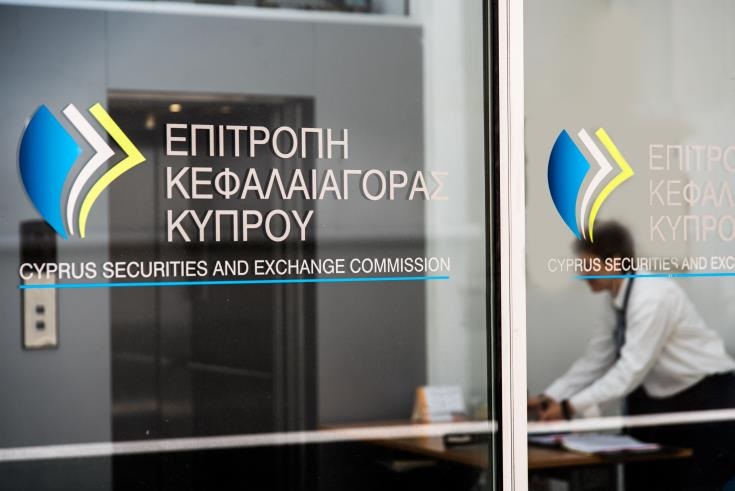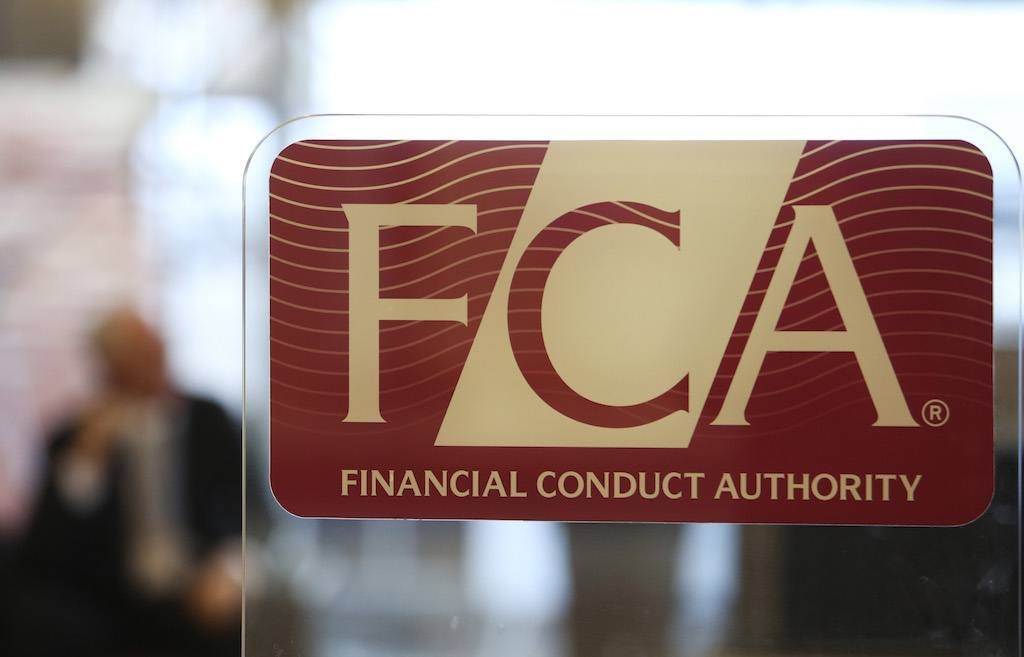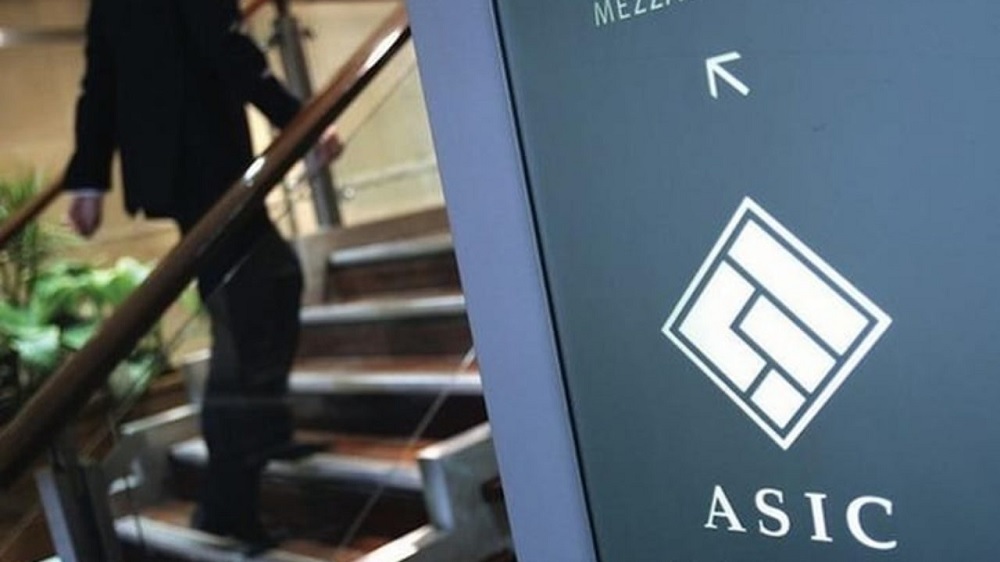CFTC goes after Aureus Revenue Group
The Commodity Futures Trading Commission (CFTC) has filed a lawsuit against Aureus Revenue Group LLC.

The Commodity Futures Trading Commission (CFTC) has filed a lawsuit against Aureus Revenue Group LLC and Emir Jesus Matos Camargo.
The complaint, seen by FX News Group, was submitted on September 4, 2024, at the Florida Middle District Court.
The complaint alleges that, from at least September 10, 2019, through at least November 11, 2022 (the “Relevant Period”), Emir Jesus Matos Camargo, individually and as an agent and principal of Aureus, operated a fraudulent scheme in which Aureus solicited, accepted, and received funds for a pooled “Investment Fund” that traded commodity futures contracts referencing the S&P 500 Index
Matos, as an agent and principal of Aureus, knowingly or recklessly made fraudulent and material misrepresentations and omissions about the legitimacy, profitability, and risk of the Aureus Pool to individuals in soliciting contributions to the Aureus Pool.
Through such solicitations, Defendants persuaded at least thirty-two individuals and entities to transfer at least $1.5 million to Defendants for participation in the Aureus Pool.
Defendants convinced Pool Participants to contribute money by promising guaranteed returns of 1.5–3.75% each month, depending on the contribution amount. Defendants also sent prospective Pool Participants a fictitious license purporting to show that the CFTC licensed Aureus as an investment fund. This fictitious license contained a counterfeit CFTC seal, a forged signature of a former CFTC Commissioner, and a fictitious license number. The fictitious license mischaracterizes the Aureus Pool, an investment fund for the purpose of trading futures contracts referencing the S&P 500 Index, as an “S&P 500 Index Fund.”
Further, in exchange for their contributions, Defendants gave Pool Participants “warranty checks”- checks drawn on an Aureus bank account for the full amount contributed. These warranty checks provided Pool Participants a false sense of security concerning their participation in the Aureus Pool. In reality, the warranty checks were written on accounts with insufficient funds to honor the checks.
Defendants engaged in limited and unprofitable futures trading and instead misappropriated most of the money received from Pool Participants. Some pool funds were misappropriated for Aureus’s benefit to pay certain Pool Participants guaranteed monthly returns from funds deposited by other Pool Participants in the manner of a Ponzi scheme, rather than from Defendants’ claimed trading profits. Other misappropriated funds were used by Defendants to pay for, among other things, Matos’s rent, living and travel expenses, and personal taxes.
In or around summer 2022, Defendants stopped making monthly payments to Pool Participants. Around the same time, Defendants attempted to conceal their fraudulent scheme. Defendants crafted a story that the Aureus trading account was frozen in an audit by Firm A, a Commission-registered futures commission merchant (“FCM”), and sent Pool Participants fake documents, bearing Firm A’s logo, that described the fictitious audit and account freeze. Later that same year, Defendants showed a Pool Participant’s representative false account information that indicated the Aureus Pool had a balance of approximately $3 million in a futures trading account.
In reality, from September 2022 through at least February 2024, the Aureus Pool never held more than approximately $10,000 in any futures trading account.
The CFTC accuses Matos and Aureus of fraudulent and additional acts and practices in violation of the Commodity Exchange Act (“Act”), 7 U.S.C. §§ 1–26, and Commission Regulations (“Regulations”), 17 C.F.R. pts. 1–190 (2023), specifically Sections 4b(a)(1)(A)–(C), 4k(2), 4m(1), and 4o(1)(A)–(B) of the Act, 7 U.S.C. §§ 6b(a)(1)(A)–(C), 6k(2), 6m(1), 6o(1)(A)–(B), and Regulations 4.20(a)(1), (b), and (c) and 4.21(a)(1), 17 C.F.R. §§ 4.20(a)(1), (b)–(c), 4.21(a)(1) (2023).
In addition, Matos, as a controlling person of Aureus who did not act in good faith or knowingly induced the violations, is liable for each of Aureus’s violations, pursuant to Section 13(b) of the Act, 7 U.S.C. § 13c(b).
The Commission has brought this action to enjoin such acts and practices and compel compliance with the Act and the Regulations. In addition, the CFTC seeks civil monetary penalties and remedial ancillary relief, including, but not limited to, trading and registration bans, restitution, disgorgement, rescission, pre- and post-judgment interest, and such other relief as the Court may deem necessary and appropriate.
Maria Nikolova
Maria has been engaged in journalism for more than 17 years, providing Forex industry coverage for the past 10 years. Before joining FNG she was Managing Editor at FinanceFeeds. Prior to that, she worked at LeapRate. Maria has a Philosophy degree from the St. Kliment Ochridski university in Sofia. She has specialized in Cognitive Science in Vienna. Her interests include psychology, AI, and linguistics.Related Posts

Yakov Cohen agrees to pay disgorgement of $7M to settle CFTC charges in binary options lawsuit


CySEC withdraws CIF license of AMP Global



Court orders operator of Tradeanedge Members Fund to pay restitution and penalties
‹ IC Markets (EU) Ltd receives €50K CySEC fine for various violations › Yakov Cohen agrees to pay disgorgement of $7M to settle CFTC charges in binary options lawsuitLeave a Reply Cancel reply




免责声明:本文观点来自原作者,不代表Hawk Insight的观点和立场。文章内容仅供参考、交流、学习,不构成投资建议。如涉及版权问题,请联系我们删除。










